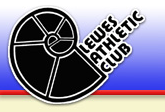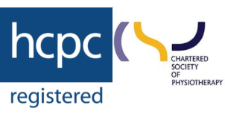Last summer I was proud to be part of the biggest tennis tournament in the world; Wimbledon. I made the main draw of the ladies doubles event with fellow Brit and friend Samantha Murray. I also competed in the qualifying event of the ladies singles, where I was only one of two British players to make it past the first round; beating a top 140 WTA player along the way. None of this would have happened without the outstanding treatment and training I have received from my physio Mike Boyce. I have been receiving regular physiotherapy from Mike for 3 years now, whereby he has aided me in the recovery of several injuries, including a very serious sesamoid problem in my foot. It is highly likely I would have had to undergo surgery, had it not been for his unrivalled knowledge and treatment, so I have an awful lot to thank him for!During the weeks of Wimbledon, from my first singles match in qualifying through to my main draw doubles match, I insisted on attending an increased number of physio and training sessions with Mike, to ensure my body remained fit and healthy for the biggest experience of my career! Mike attended to my physical preparation before practise and matches, with a thorough stretching procedure, plus he aided with my recovery afterwards through deep tissue massage; not the most painfree of experiences but without a doubt the most beneficial! We also carried out many training sessions, including strength and conditioning and injury prevention. Without the strong work ethic, diligence and vast understanding that Mike displays in his work, I feel my body definitely wouldn't hold up under the high pressures of professional sport.
Wimbledon 2013 was my first main draw senior Grand Slam and I loved every minute of it! Sam and I narrowly lost out in three sets to formidable opponents; Andrea Petkovic, a former top 10 WTA singles player currently ranked in the top 50 and Flavia Pennetta, a former world number 1 doubles player and also current top 20 singles player. We put up a great fight for our debut match at Wimbledon, and almost caused an upset in front of an unbelievably loud and supportive British crowd, where Mike, my coach Guy and many others were cheering!
Since Wimbledon my world rankings have improved dramatically and I have the aim of reaching the main draw of Wimbledon for both singles and doubles in 2014, plus a long term goal of breaking the WTA top 100. Mike is an integral part of this journey and I believe with the continued hard work Mike, my coach and I are all putting in, we can fulfil these targets.









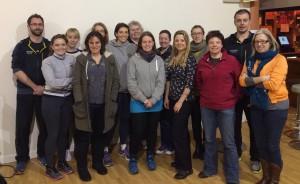
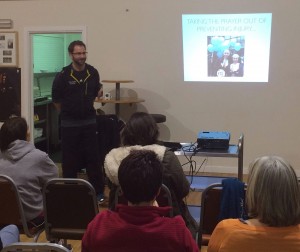
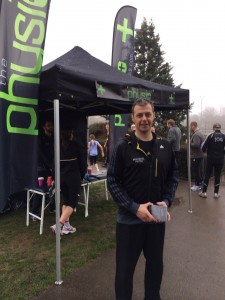
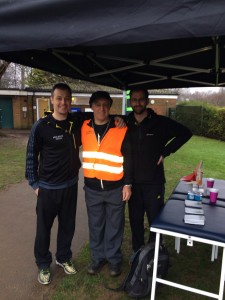
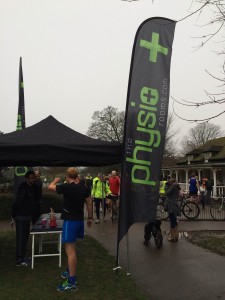
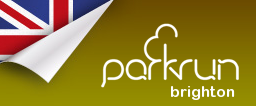 www.parkrun.org.uk/brighton/
www.parkrun.org.uk/brighton/
